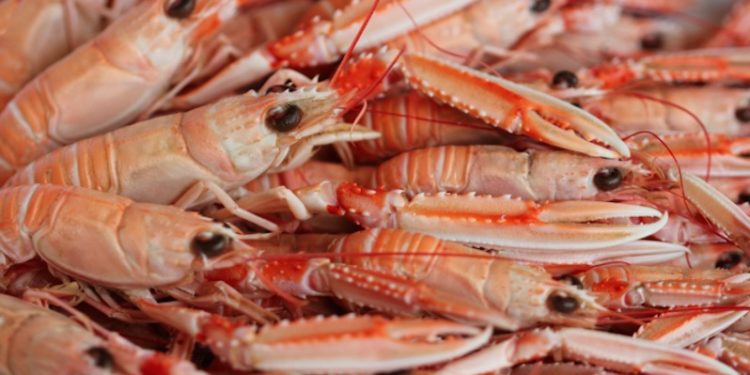A study carried out on behalf of the Scottish Fishermen’s Federation (SFF) and Scottish Fishermen’s Organisation (SFO) has concluded that Scottish prawn trawlers no less competitive than the creel fleet, undermining the case for a major transfer of quota.
The study was commissioned following a series of claims made by the Scottish Creel Fishermen’s Federation. Researchers at economic development consultancy Anderson Solutions conducted a comprehensive analysis of Scotland’s £80m nephrops sector, examining quota, weight and value of landings, employment and supply chains.
Their conclusion was that: “The competitiveness of the different fleet segments in Scotland is relatively well-balanced.”
‘The creel sector’s argument amounted to a call for a perfectly sustainable and profitable sector to be shut down, which is ridiculous,’ said SFF chief executive Bertie Armstrong.
‘Part of the rationale seemed to be that this would create more than 700 new jobs. This study is clear that there are 1588 full-time equivalent posts in the trawl sector to 489 in the creel sector, so the net effect would be the loss of 900 jobs.
SFO chief executive John Anderson said that the work had been commissioned to investigate what they perceived were deeply flawed, but headline-grabbing propositions.
‘These were that half of the Scottish nephrops quota currently held by mobile gears should be re-allocated to static gears to improve the overall socio-economic performance of the nephrops sector in Scotland,’ he said.
‘This extremely comprehensive assessment confirms that there is no real economic rationale for re-allocation between gear types; rather it quite clearly demonstrates that not only are the mobile and static gear fleets remarkably similar in terms of overall competitiveness, they also have distinct but equally important roles to play in contributing to the economic resilience of our coastal communities and in maintaining Scotland’s position as the world’s leading producer of high quality langoustine.’









